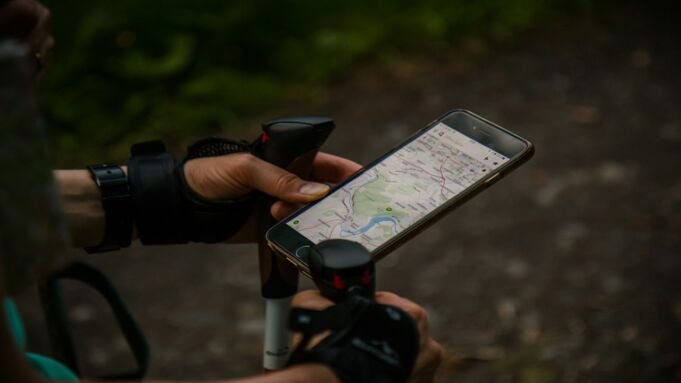In 2024, OpenAI has continued to improve its catalog of powerful tools with Sora. While exciting, AI has yet to make a big impact when it comes to travel technology. Enter Assistants API, a configurable tool that could allow experienced travelers to build their own travel guide in the future.
Travel & Technology
Most travelers today rely on technology that allows them to stay in contact with friends and family, no matter where they are. Even if you enjoy camping off-grid, most campers still take their personal devices for entertainment’s sake.
Access to the internet is a huge advantage when out in nature, where people can work and play without deviating from their planned travel routes. Many industries exist online, or at least require a working connection, best seen with video-on-demand or the iGaming space. Thanks to the technology we have today, it’s possible for travelers to enjoy Netflix or recognizable games like the Slingo Deal or No Deal slot, among hundreds of other games hosted on websites across the world. Accessing OpenAI’s tools like ChatGPT also requires an online connection as of right now, and the same can be said for a wide range of information resources that travelers could use when needed.
ChatGPT is OpenAI’s first and most famous tool, a large language model (LLM) that uses online information while adding user-generated context to its answers. Part assistant and part search engine, it’s possible for new travelers to ask this AI for basic tutorials and queries to get them started. OpenAI has much larger ambitions for ChatGPT, which include widening the scope of its LLMs so it can better supplement outdoor industries like travel.
The Assistants API Showcase
That brings us to the Assistants API showcase, an event held in November of 2023. This was OpenAI’s first DevDay – a developer conference aimed towards the techie crowd who build and improve today’s AI tools. It aims to show aspiring devs what they can do using OpenAI to create their own models, which can then be applied to a lot of different use cases. Many of the features shown at this DevDay are still in beta and have yet to manifest in an accessible tool.
Hosting the final third of this showcase, Head of Developer Experience Romain Huet demonstrated Assistants API. As an example, he builds a travel assistant called Wanderlust over the next five minutes.
Given the instructions to be “a helpful travel assistant that can write and execute code”, Wanderlust uses OpenAI’s GPT-4 to field questions like any other chatbot. What sets it apart is its interactive world map which responds to queries, zooming into your chosen location and highlighting local businesses and amenities using real-time internet-sourced data. In the showcase, Wanderlust lists Paris’ key landmarks and asks if they’d like information on accommodation.
The AI tool goes on to list the top 10 things to do in France’s capital, marking them on the map. It can also read and interact with external documents, like a flight ticket in PDF format. Then it can help you arrange accommodation and other activities without conflicting with your planned flights.
The Future of Travel
Showcases like OpenAI’s DevDay make the future of travel tech clear, with AI playing a supportive role for travelers while out in the field. The expertise of trained travelers will always be needed to make and fact-check these tools, and users will need some travel knowledge if they want to ask the right questions of their new travel assistant.
Now that GPT-5 is on the horizon, OpenAI has said that the new LLM chatbot is noticeably better than previous models. Even still, OpenAI hasn’t released Wanderlust as an official product in their catalog – it was merely an example to show how the Assistants API works. That means anyone can make their own, with the right knowledge.
Others have replicated Wanderlust since, but there is no one-stop shop that puts this powerful tool in the hands of everyday travelers. When that happens, travelers will have instant, on-the-spot assistance that could help them out of most situations. This would make traveling more accessible than ever for those who need help and make the future of travel brighter as a result.
















[…] colleges or online educational platforms. These courses can provide a broader perspective on the travel industry and improve your service […]
Comments are closed.